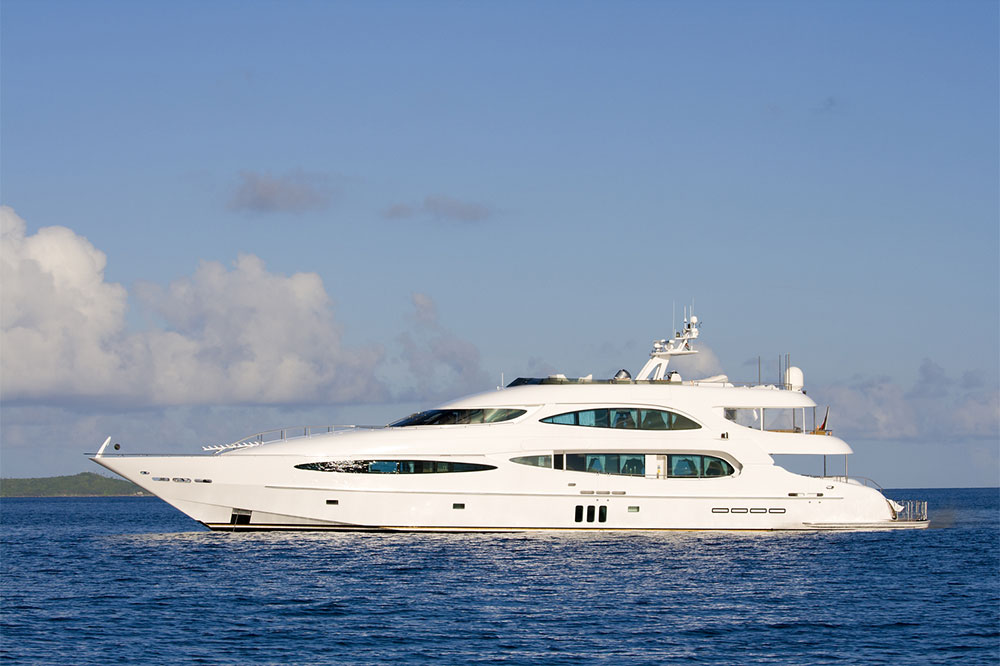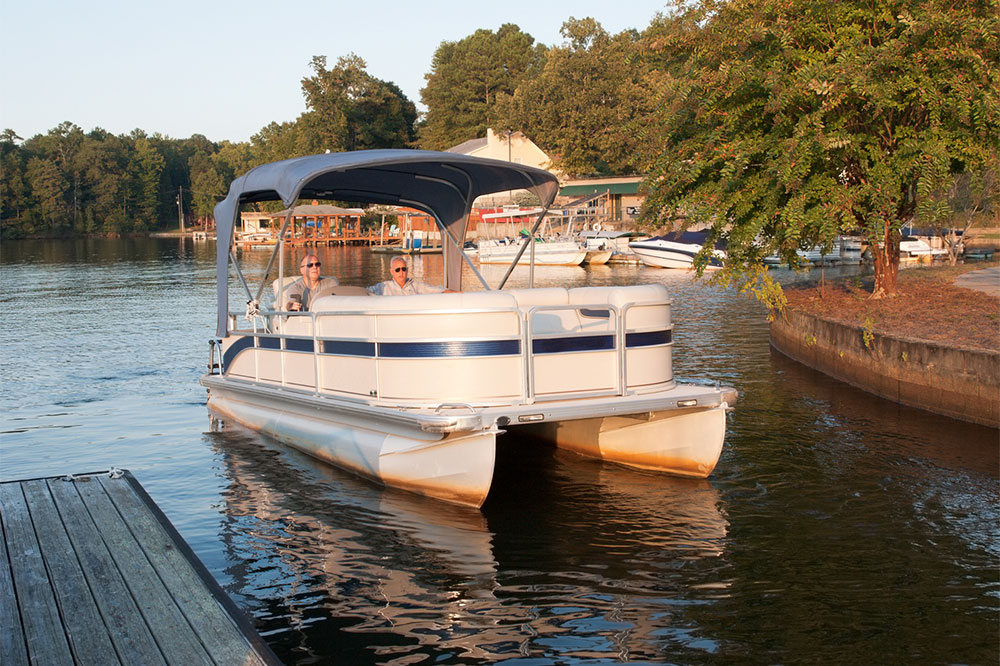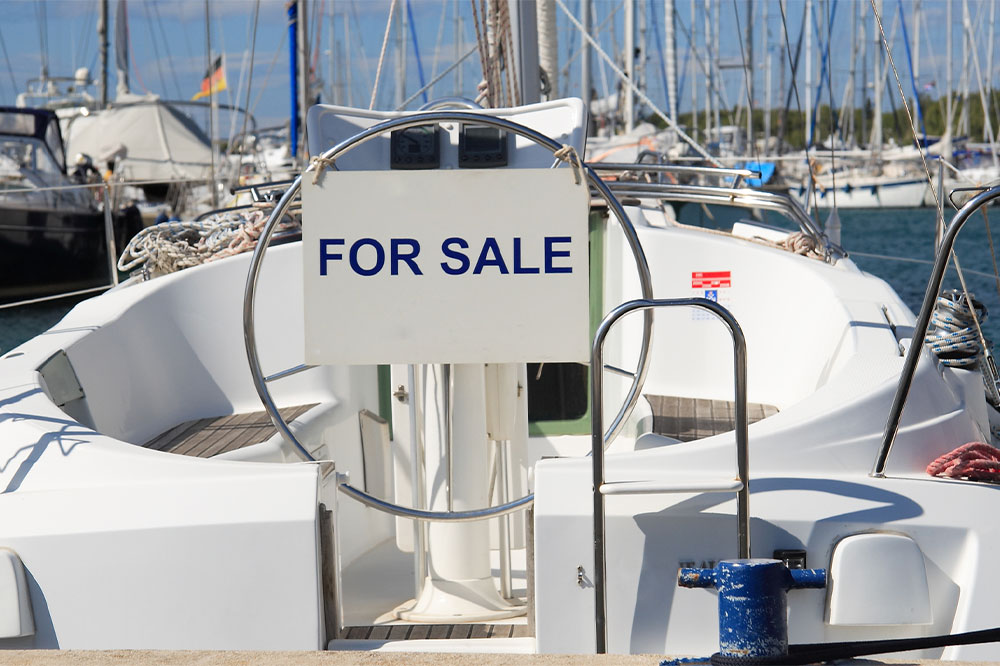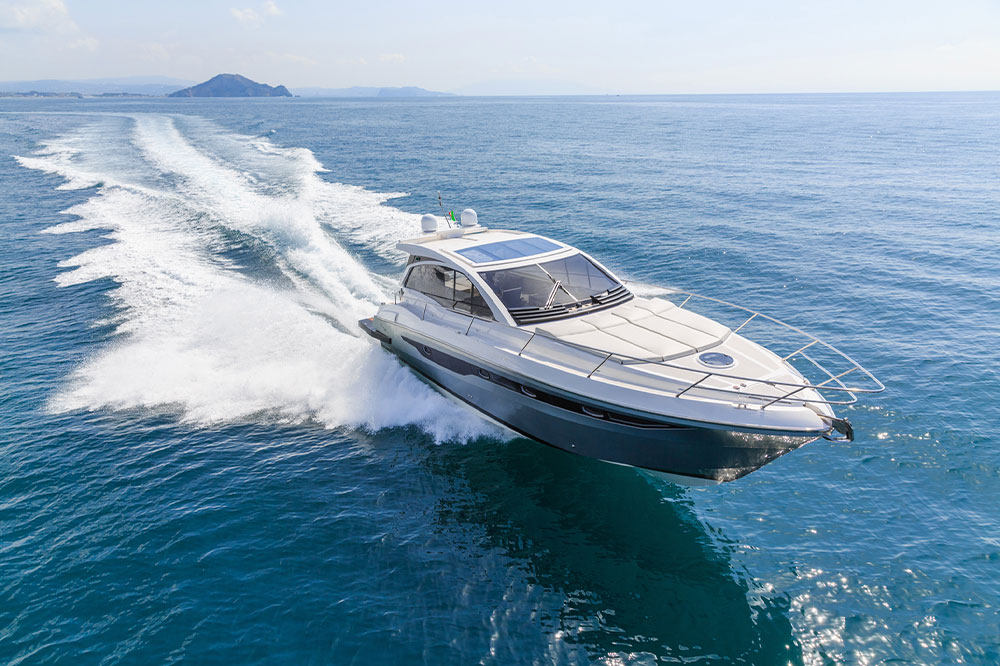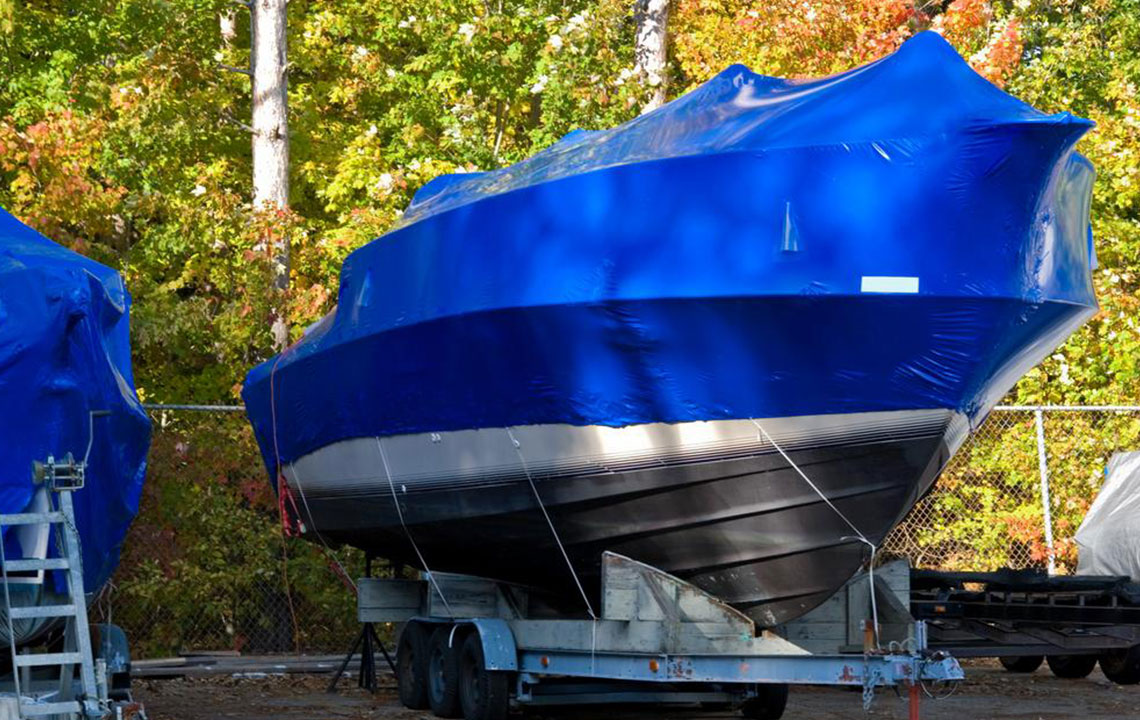Comprehensive Guide to Factors Determining the Resale Value of Used Boats
This comprehensive guide explores the key factors affecting the resale value of used boats, including age, condition, brand, engine hours, maintenance, and upgrades. By understanding these elements, buyers and sellers can make informed decisions, negotiate better deals, and maximize the value of their investments in the marine market. The article emphasizes the importance of thorough inspections, reputable brands, and strategic upgrades to ensure optimal resale prices, backed by industry insights and valuation tools.
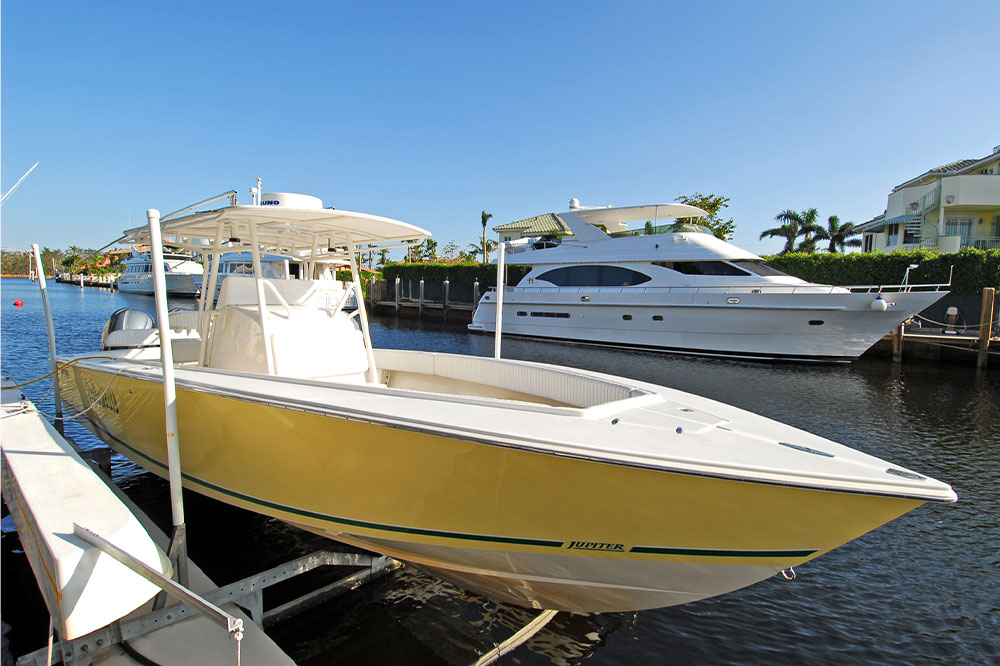
In-Depth Analysis of Key Factors Affecting the Resale Price of Pre-Owned Boats
Understanding the intricacies behind the resale value of second-hand boats is essential for both buyers and sellers looking to navigate the marine marketplace effectively. The market valuation of a used boat hinges on a variety of interrelated factors, each playing a crucial role in determining its final price. These include the vessel's age, physical condition, brand reputation, engine hours, maintenance history, accessories, recent upgrades, and prevailing market dynamics. Leveraging tools like the MarineTrade Value Guide allows stakeholders to estimate pricing more accurately, leading to informed negotiations and fair transactions. Recognizing these determinants helps participants in the boat resale market optimize their pricing strategies, whether they aim to maximize profit or secure their ideal vessel at a fair price.
What Constitutes the Resale Value of a Used Boat?
The resale value essentially refers to the potential selling price that a buyer, dealer, or reseller might be willing to pay, influenced by factors such as the vessel’s age, overall condition, brand, and market demand at the time of sale.
While the theoretical resale valuation offers a useful benchmark, actual sale prices can fluctuate significantly based on various real-world conditions and negotiations, emphasizing the importance of comprehensive assessment and market awareness.
Influence of Boat Age on Resale Value
The age of a boat is widely regarded as a primary factor impacting its market value. Typically, newer boats command higher prices because they have undergone less wear and tear, have more modern features, and often come with updated safety and navigation systems. Conversely, older vessels tend to depreciate in value. However, certain exceptions exist—classic boats or those meticulously maintained with durable materials can retain or even increase in value over time. For example, vessels built with high-grade composites or stainless steel may age gracefully, maintaining their appeal and worth for decades.
It’s crucial to recognize that some boats are engineered with longevity in mind. Models designed with advanced materials and construction techniques, such as epoxy hulls or corrosion-resistant components, tend to hold their value better as they age. These durable designs provide assurance to buyers that the vessel will remain seaworthy and functional for many more years, justifying their higher resale prices.
For instance, legendary boats like certain classic fishing vessels or well-preserved luxury yachts often fetch strong resale values despite their age, thanks to their historical significance, quality craftsmanship, and loyal fan base.
Impact of Overall Condition on Market Value
The condition of a used boat is perhaps one of the most significant factors affecting its resale price. Buyers typically look for vessels that have been well-maintained, with minimal cosmetic damage, functional equipment, and no signs of neglect. The overall condition encompasses the integrity of the hull, the engine's health, electrical systems, plumbing, and interior furnishings. A boat that appears pristine, with thorough maintenance records and recent inspections, can achieve a premium price. Conversely, vessels showing signs of neglect, mechanical issues, or extensive repairs needed are often priced lower and may sell more slowly.
Performing a detailed inspection—both visual and mechanical—is critical before valuation. Issues like engine corrosion, compromised hull integrity, electrical faults, or outdated safety gear can significantly diminish a boat’s marketability and value. Therefore, sellers should prioritize good upkeep, timely repairs, and comprehensive documentation to enhance appeal and command higher resale prices.
Brand Reputation and Model SignificanceThe manufacturer’s reputation and specific model type are influential in a boat's market performance. Renowned brands known for reliability, seaworthiness, and quality construction tend to retain their value longer. High-demand models designed for professional use, such as fishing, cruising, or water sports, often fetch better resale prices. For example, boats from respected manufacturers like Boston Whaler, Sea Ray, or Azimut are often sought after due to their durability and brand prestige.
Assessing a brand’s historical resale performance, customer reviews, and durability ratings helps in estimating potential value. Less-established brands or models with limited market presence may not sustain high resale values, making them less attractive investments.
Engine Hours and Maintenance Records Engine hours serve as a crucial indicator of a boat’s usage and remaining lifespan. Lower engine hours generally translate to increased value because they suggest less wear and tear. Comprehensive maintenance history further reassures buyers of a vessel’s reliability and proper care. Regular servicing, documented repairs, and up-to-date safety inspections contribute positively to resale value.
Buyers should scrutinize maintenance logs, service receipts, and engine hour readings to assess the health of a boat thoroughly. Hidden issues or incomplete records can be red flags, potentially lowering the boat’s market value despite a good appearance. Proper upkeep, early repairs, and detailed maintenance documentation are key to maximizing resale profitability.
Role of Upgrades and Accessories in ValuationModern upgrades and quality accessories can significantly influence a used boat’s appeal and price point. Advanced navigation systems, state-of-the-art sound systems, or upgraded interiors can enhance both functionality and aesthetic appeal. However, superficial modifications or aftermarket enhancements that lack quality or relevance might not add value and could even detract from it.
Carefully considered upgrades that improve safety, comfort, or performance—such as improved engines, GPS systems, or modern upholstery—are likely to increase resale value. Conversely, overly customized boats with flashy but superficial alterations might appeal only to specific niche buyers, limiting their marketability.
Effective Negotiation Strategies for Buyers and SellersUnderstanding market trends, comparable sales, and valuation guides is essential for successful negotiation. Buyers can leverage this information to formulate fair offers, while sellers should price their boats competitively based on condition, age, and market demand. Arranging professional inspections before listing or purchasing a vessel ensures transparency and can prevent disputes.
Both parties benefit from being well-informed about current market conditions, recent sales prices, and the overall demand for specific boat types or brands.
Summary: Making Informed Decisions in the Used Boat Market Mastering the factors that influence a vessel’s resale value enables buyers and sellers to negotiate effectively and make sound investments. Considering age, overall condition, brand reputation, engine usage, maintenance, and upgrades allows for accurate valuation. Utilizing reliable valuation tools and market data fosters fair dealings, ultimately maximizing value in the second-hand boat market.